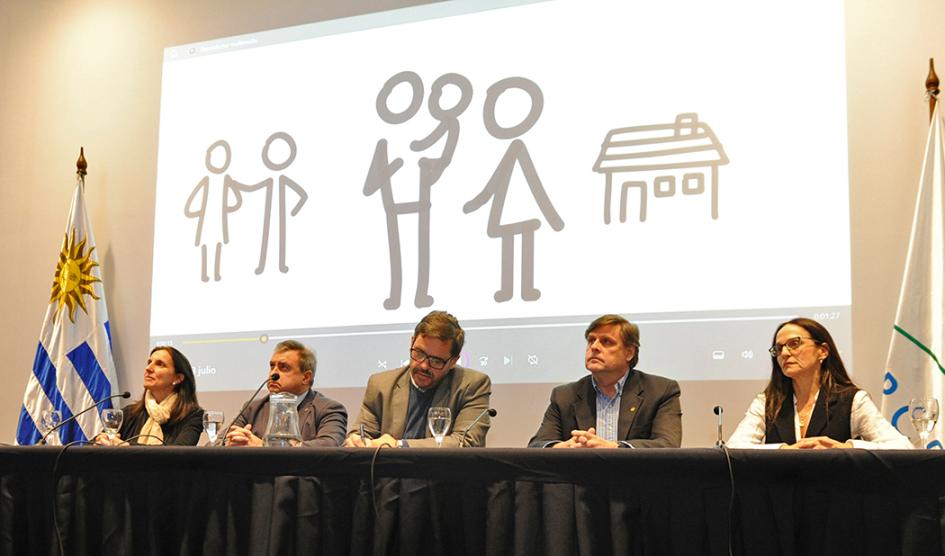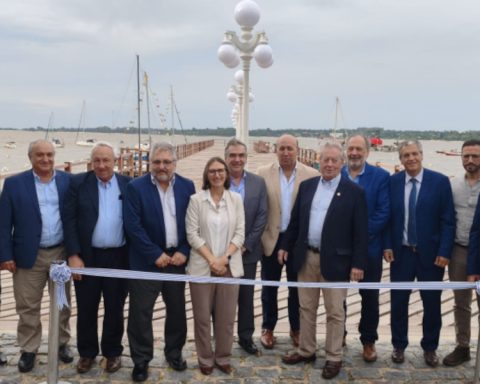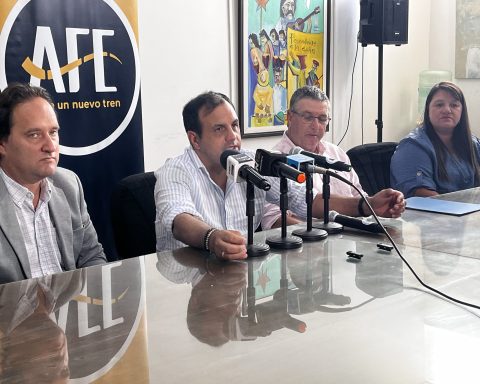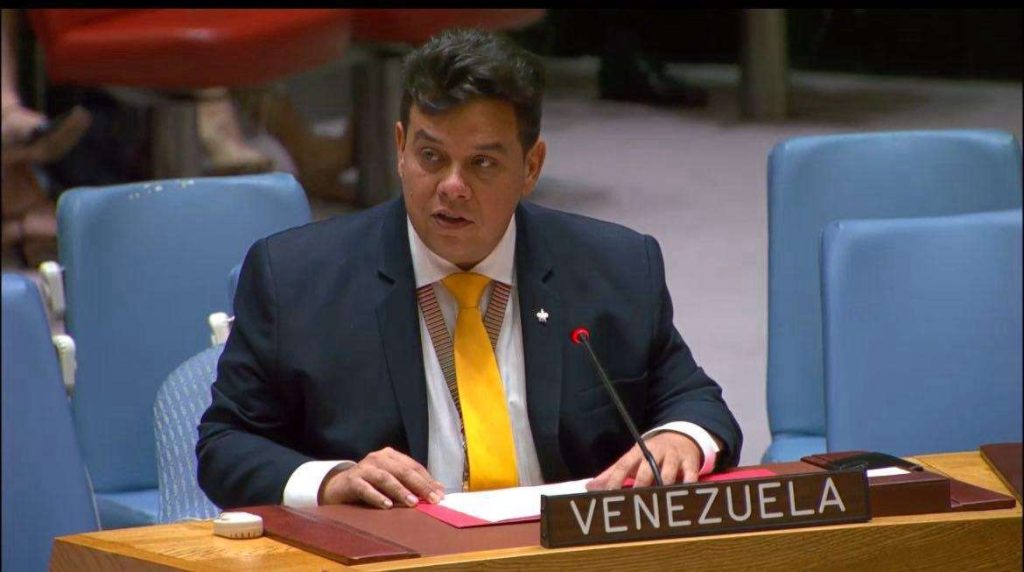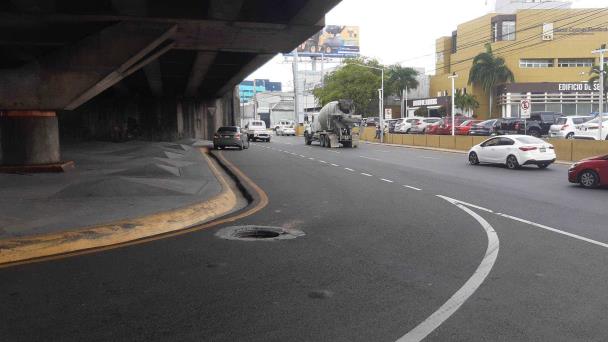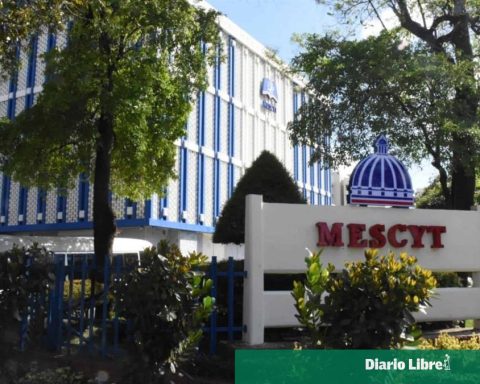Plan Avanzar will offer care to animals that are relocated with their owners
The Ministries of Housing and Land Use Planning (MVOT), through the National Directorate of Social and Urban Integration (DINISU), and Livestock, Agriculture and Fisheries (MGAP), among other agencies, will provide health care to pets and production animals, within the framework of the Avanzar plan. The initiative will include interventions, tests, identification and sterilizations, in pursuit of responsible ownership.
The signing of the framework agreement for the proposal was carried out on Monday 15, with the presence of the head of the MVOT, Raúl Lozano; the interim head of the MGAP, Juan Ignacio Buffa; the general secretary of the portfolio, Fernanda Maldonado; the head of DINISU, Florencia Arbeleche; the president of the National Institute of Animal Welfare (INBA), Marcia del Campo, and the dean of the Faculty of Veterinary Medicine of the University of the Republic, José Piaggio.
The aforementioned organizations, plus the Honorary National Commission on Zoonoses (CNHZ), will form a coordination committee that will meet fortnightly during the second half of the year to plan, measure and execute various actions. These will range from the survey of companion and production animals in each relocation of the Avanzar plan to specific interventions for each one, explained Maldonado.
In this context, the INBA and the MGAP will carry out the sterilization of dogs and cats, as well as their identification through the use of microchips, and the CNHZ will work on the diagnosis and prevention of zoonotic diseases, through deworming, vaccinations and specific tests.
Buffa said that animal welfare is an issue that must be addressed in a coordinated manner by the different actors. He also indicated that better living conditions for the population will be supported by structural advances, including responsible ownership.
Arbeleche, meanwhile, stressed the importance of animals for families living in the settlements and the need to offer support to achieve proper ownership, which translates not only into better animal welfare, but also into control of the number of animals and better coexistence among neighbors.
Lozano praised the multidisciplinary response offered by the State to the population and stated that the agreement addresses real problems faced by citizens. In this regard, he recalled that the Juntos plan has promoted the construction of pet homes for beneficiaries with leftover materials from construction work.
